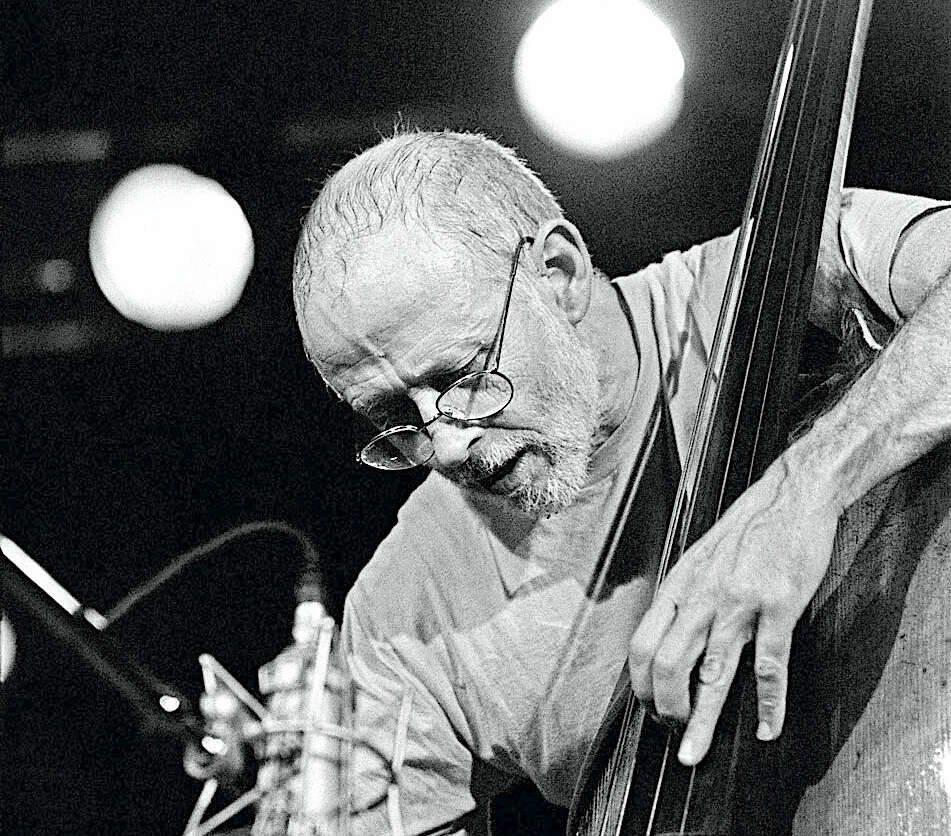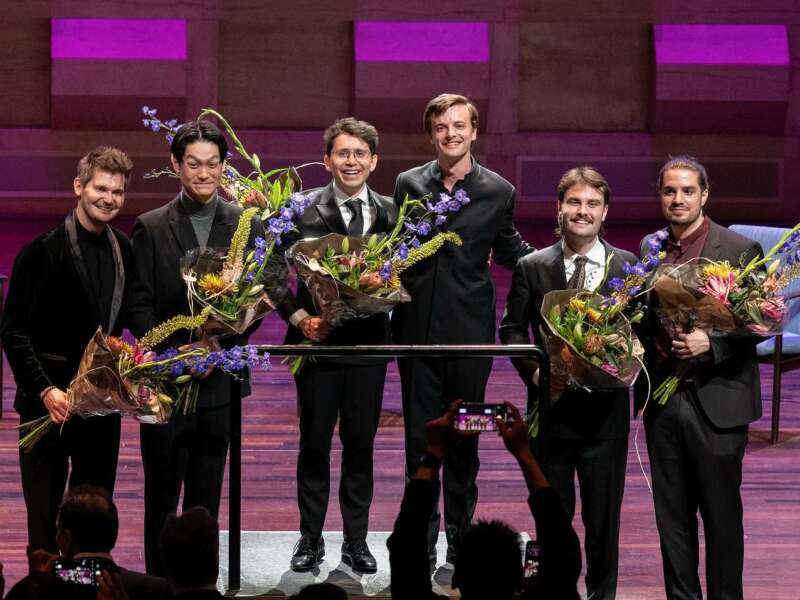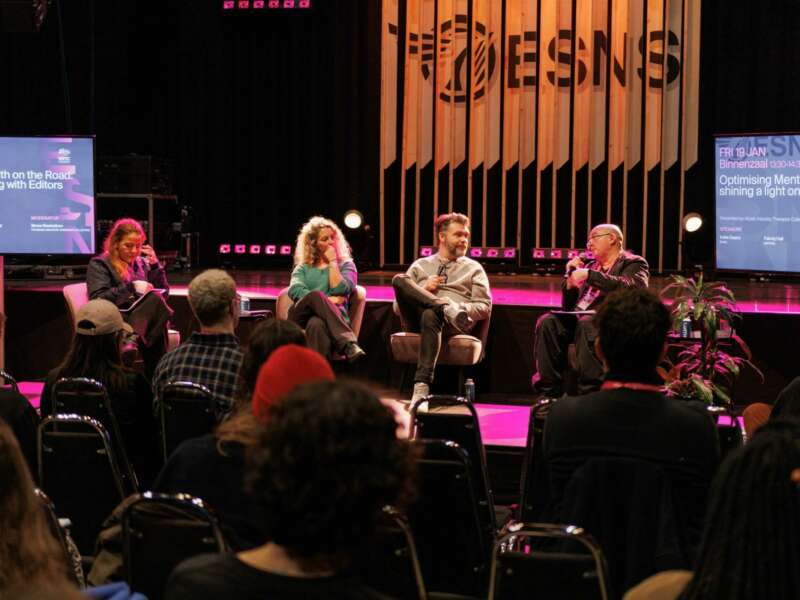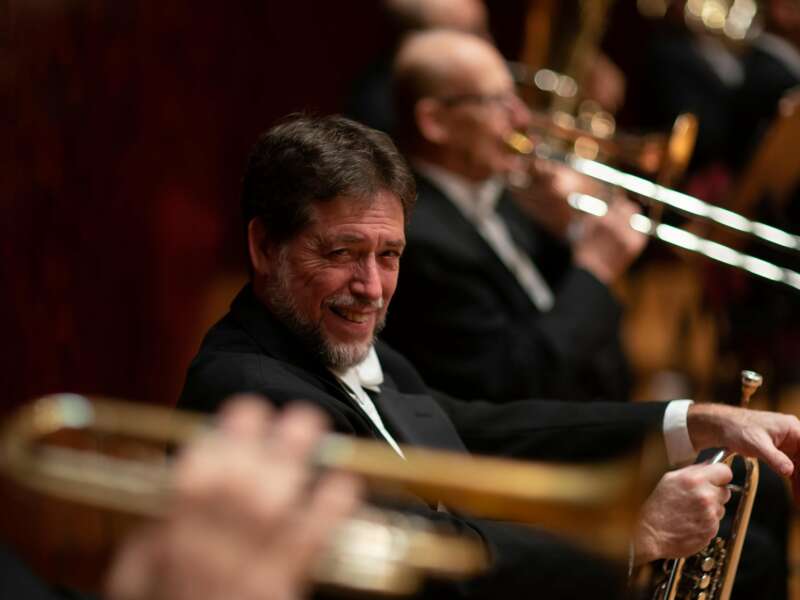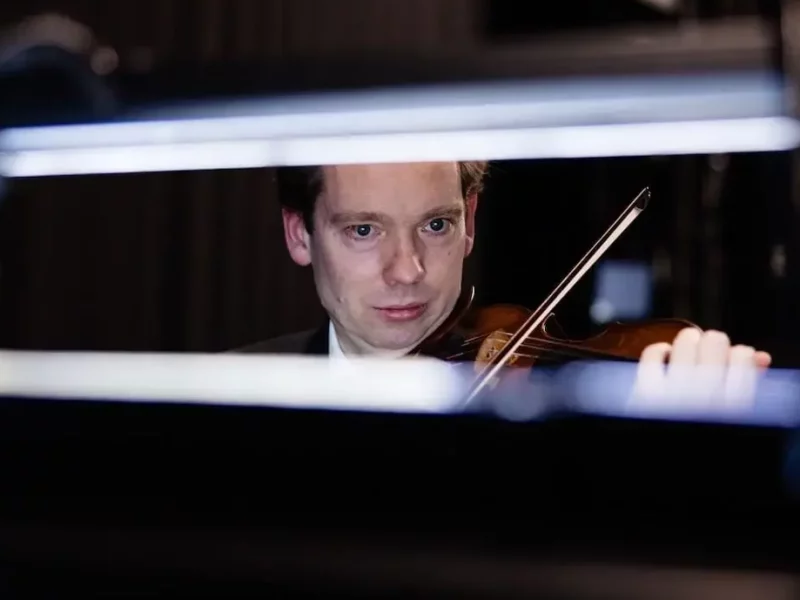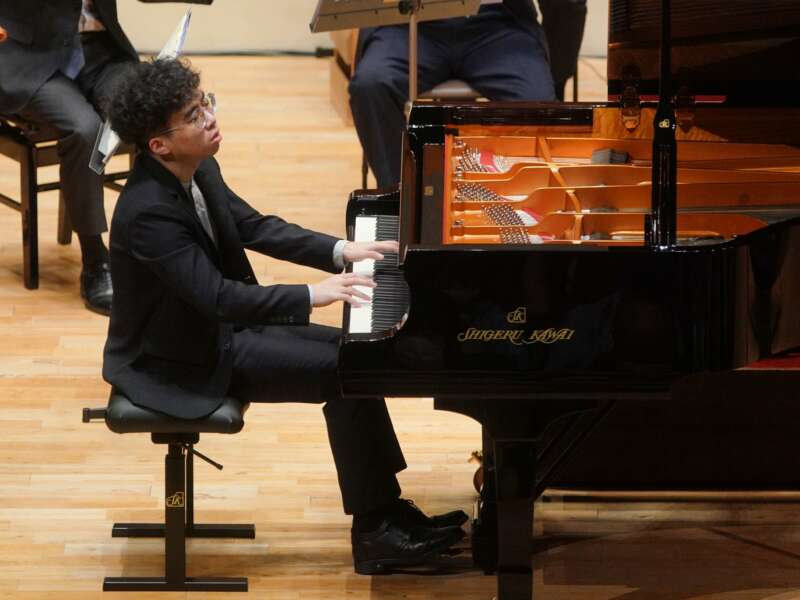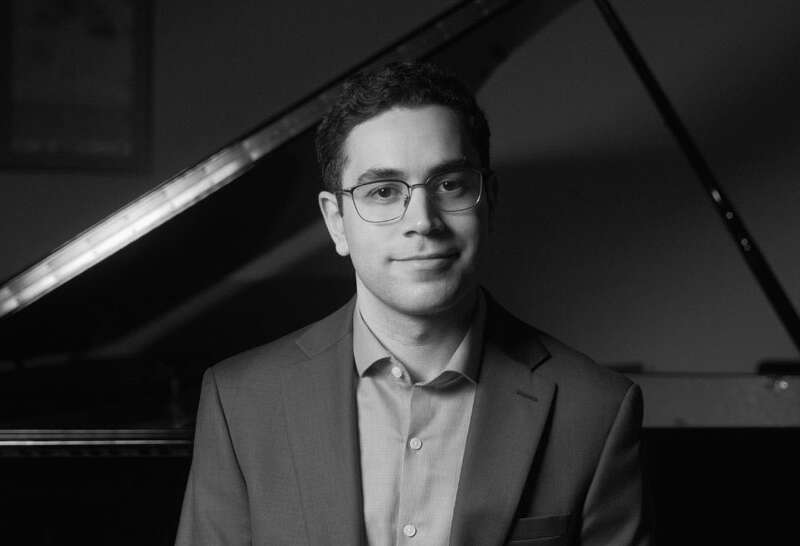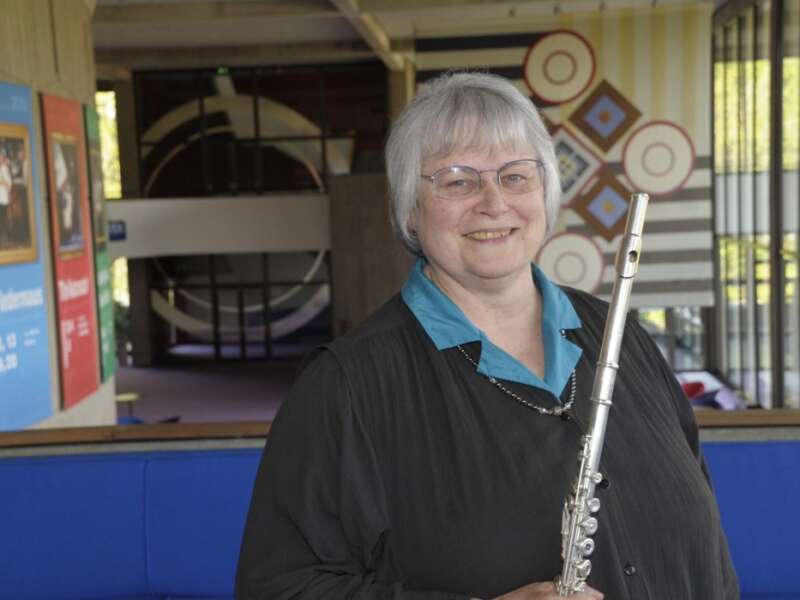American Jazz Bassist Barre Phillips has Died, Aged 90
Renowned for his improvisation, Phillips played with jazz icons including Archie Shepp and Ornette Coleman
Born in 1934 in San Francisco, California, Barre Phillips studied bass in 1959 with Charles Siani, who was then the Assistant Principal Bassist with the San Francisco Symphony.
Notably, Phillips’ 1968 recording of solo bass improvisations, released as Journal Violone in the U.S. on Futura Records, is widely credited as the first solo bass record.
During the 1960s, he recorded with jazz artists including Eric Dolphy, Jimmy Giuffre, Archie Shepp, Peter Nero, Attila Zoller, Lee Konitz, and Marion Brown.
In 1964, he traveled to Europe for the first time with George Russell’s sextet. In the next decade, Phillips was a member of The Trio with saxophonist John Surman and drummer Stu Martin. The group was also a member of Barry Guy’s London Jazz Composers Orchestra.
Among his albums on the ECM label are Call Me When You Get There (1984), Time Will Tell (1995), Sankt Gerold (2000), and End to End (2018), which was Phillips’ final solo album and was produced by Manfred Eicher.
His last release on ECM was Face à Face, a duo recording with the electronics of György Kurtág Jr., which was released in 2022. Phillips also worked with filmmaker Robert Kramer for 20 years and played on film soundtracks including for Merry-Go-Round, Naked Lunch, and Alles was baumelt, bringt Glück!.
Additionally, Philips served as president of the International Society of Bassists from 2001 to 2003.
“Phillips began his career in San Francisco, where he was caught between classical music and jazz,” the Canadian jazz critic Mark Miller posted on Facebook. “[He] told me in 1984, ‘[in time] I found myself much more attracted to jazz, mostly for the lifestyle, rather than the musical content. I enjoyed playing Mozart and Brahms as much as I did Kid Ory, but I was more inclined to hang out, drink beer, drop bennies and smoke pot with the cats than to go to the tea table with classical musicians. So strictly in terms of having a good time, I drifted towards jazz.’
“I described his solo performance at The Music Gallery in 1984 as ‘modestly theatrical but musically visionary,’” Miller added. “[S]uperficially, the performance was an exercise in everything you can do with a bass but were afraid to try, but more radically it redefined the instrument as an orchestra in and of itself.”
Our condolences to his family, friends, and colleagues.
A video of him in a recording session for his album End to End, can be viewed below.
june 2025
july 2025


